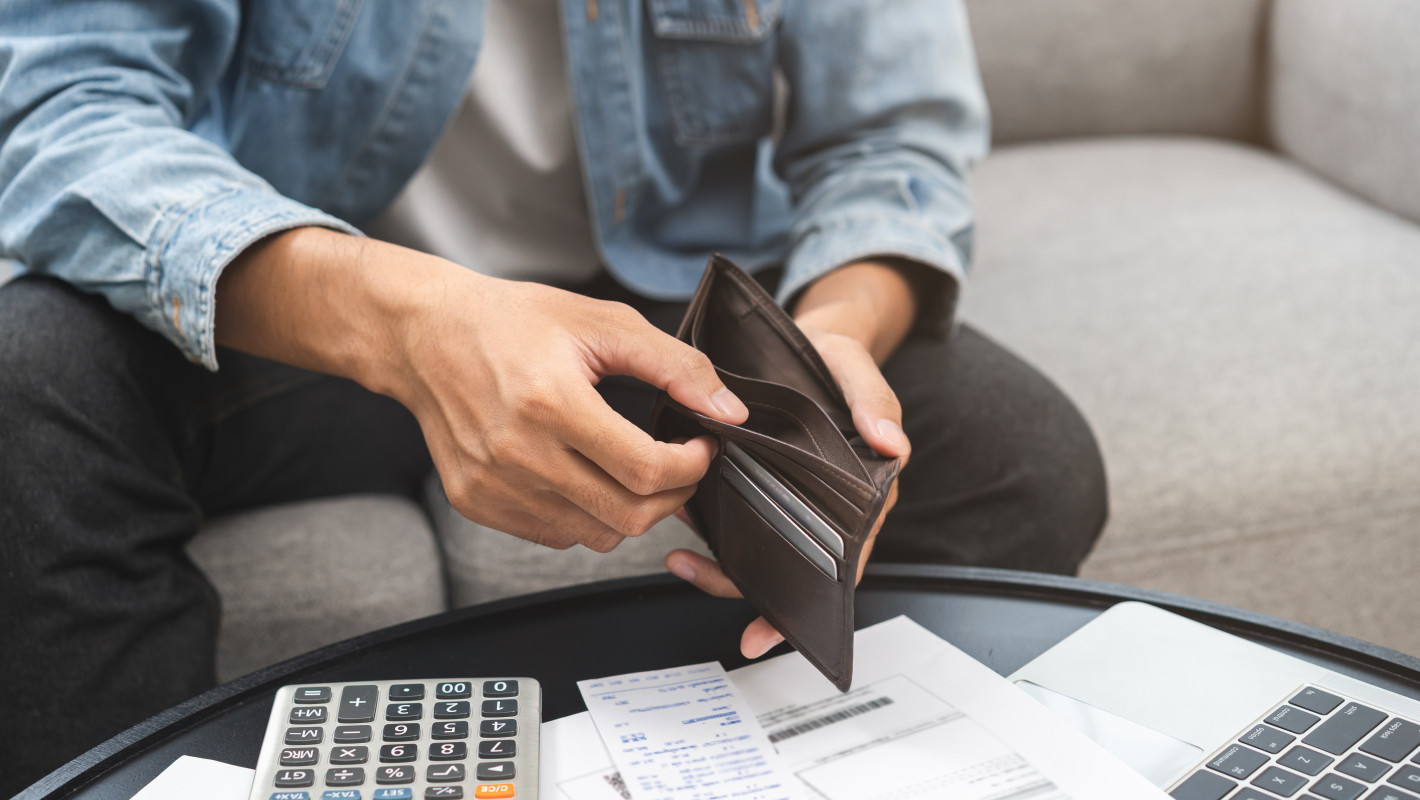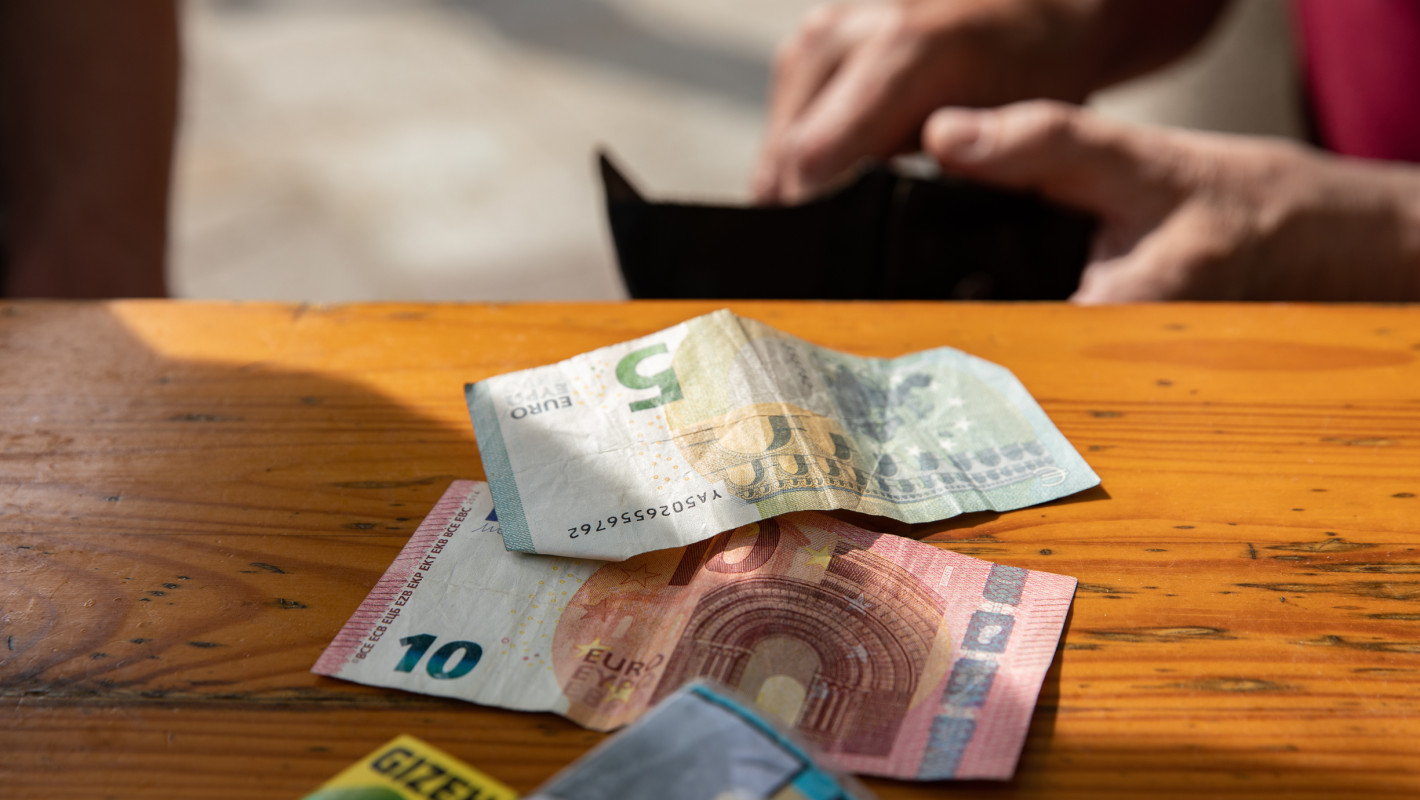Checking your finances after your holiday
Check your account, convert your holiday money

After a relaxing holiday, you might find coming back to the everyday grind hits harder than you think. Checking your finances after a holiday could save you any unwelcome surprises and, if you plan your budget in detail, you could use it as a basis for your next trip away.
In this article, you’ll discover the best way to go about it.
Checking your bank and credit card statements
After your holiday, you should carefully go through your bank and credit card statements. Pay particular attention to:
- duplicate or unfamiliar transactions
- unusual amounts or foreign currency charges
- conversion rates or fees that are too high
And remember that credit card payments in foreign currencies often incur fees of between 1% and 2%. In many cases, turning on push notifications when you use your card or on your banking app can help you quickly identify additional costs or unusual payments.
Tip: If you often travel to non-Euro countries or spend a lot of time there, it may be worth choosing a credit card that doesn’t charge fees when used abroad.
Report unauthorised payments to your bank immediately:
- You are allowed to recall direct debits up to 13 months after they have been transferred.
- With credit card statements, it’s especially important to document how much money you spend and where. Remember to keep your receipts. Many banks now offer banking apps that allow you to add receipts to a card transaction. If something doesn’t add up, you should contact the bank that issued your card immediately.
Analysing holiday costs
Use the opportunity to take a closer look at your holiday spending:
- What did you spend the most money on?
- Did you stick to your budget?
- Were there any unexpected outgoings?
Armed with this information, you’ll be well prepared for your next holiday.
Make good use of leftover foreign currency
If you went on holiday outside the eurozone and you have some notes or coins in a foreign currency that you didn’t spend, don’t just put them in a drawer to gather dust. There are several options:
- Change them back: although it only makes sense to change larger amounts as the exchange rates are often unfavourable
- Donate them: many airports and banks have tall clear plastic columns or tanks for you to donate leftover coins and notes
- Keep them for your next trip: especially if you visit that destination frequently
Alternatively, you can support a charitable aid organisation that takes cash in foreign currencies and uses the equivalent value for social projects. This is usually easy to do by post or using local collection boxes.

Contact
Vivien Rottka
Media Relations


